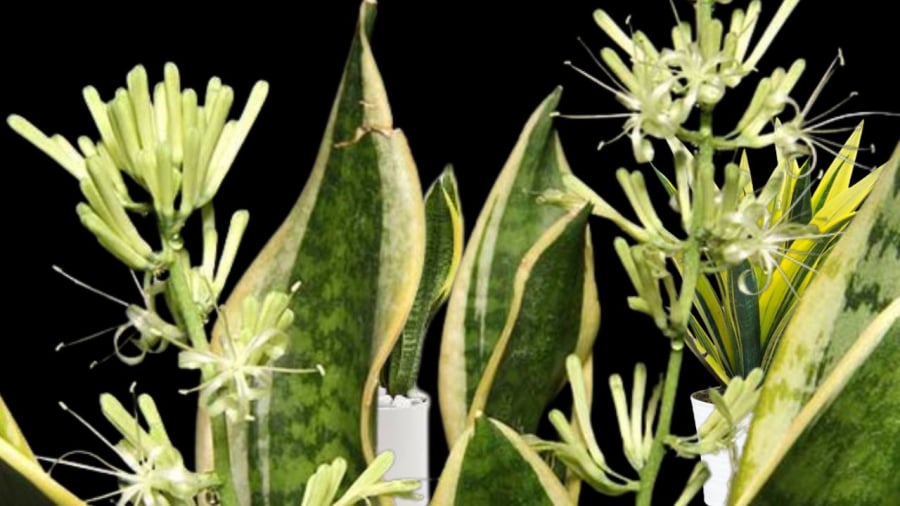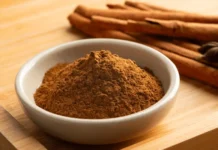The Sansevieria plant, commonly known as the snake plant or mother-in-law’s tongue, is gaining popularity as an ornamental and feng shui plant. Sansevieria is easy to grow and was once primarily used as a hedge. However, there are a few things to keep in mind when growing Sansevieria to avoid potential pitfalls and ensure its vitality and positive feng shui influence.
Avoid planting Sansevieria in clay-heavy soil: Sansevieria thrives in well-drained, airy soil. Clay or heavy soil can lead to waterlogging, so it’s best to use a mix of peat, coconut coir, and perlite. In spring, when the roots are actively growing, repot the plant, adding about a third of large sand to the new soil mix. Ensure the pot has adequate drainage holes to prevent overwatering.

Sansevieria – A Positive Feng Shui Plant
Be cautious with watering: Sansevieria can tolerate drought for short periods and does not require frequent watering. Overwatering can lead to root rot and leaf yellowing. Allow the soil to dry out between waterings, and water about once a week on average.
Provide adequate light: Sansevieria prefers diffused light and can be grown indoors. While it tolerates full sun, avoid intense sunlight for hybrid varieties like dwarf Sansevieria. These hybrids prefer bright, indirect light.
Go easy on the fertilizer: Sansevieria does not require heavy feeding. Over-fertilization can cause more harm than good. A small amount of organic fertilizer is sufficient, and it’s best to keep the plant slightly “hungry” to promote resilience and positive feng shui energy.

Avoid Overwatering and Cold Temperatures for Healthy Sansevieria
Keep Sansevieria warm: Sansevieria thrives in warm temperatures and should be kept away from cold drafts and air conditioners during hot weather.
Sansevieria rarely flowers, and when it does, it is considered a fortunate event. To encourage flowering, provide ample light and avoid excessive nitrogen fertilizer. Sansevieria is not just an ornamental plant but also has medicinal value, with its leaves possessing strong antibacterial properties beneficial for respiratory ailments.
When grown for feng shui purposes, it is essential to ensure the plant thrives and maintains vibrant, healthy foliage. Yellowing or weak growth can indicate an issue with care or an unfavorable environment, potentially affecting the positive feng shui energy the plant is intended to bring.
For reference only. Always consult a feng shui expert for personalized advice.
The Bed Placement That Attracts Wealth and Wellbeing: A Guide to Feng Shui Your Bedroom
 Feng Shui Your Bedroom’>
Feng Shui Your Bedroom’>In the world of Feng Shui, there is a strong belief that the placement of your bed can have a profound impact on your wealth and prosperity. It is said that positioning your bed in certain directions can lead to financial losses and hardships. Thus, it is crucial to avoid placing your bed in this detrimental orientation to prevent any undesirable consequences.
The Ultimate Guide to Wealth and Prosperity: Unlocking the Secrets of Fortune with Three Magical Trees
“Unveiling the Trio of Fortune: Trees to Embellish Your Home’s Prosperity and Luck
There are three types of trees that homeowners should consider planting in front of their houses to attract wealth, prosperity, and an abundance of blessings for generations to come. These trees are not just aesthetically pleasing but are believed to hold symbolic value, bringing good fortune and a prosperous future to those who embrace their presence.”






































